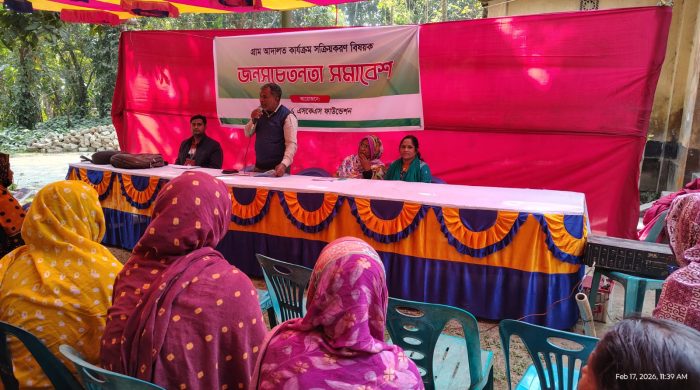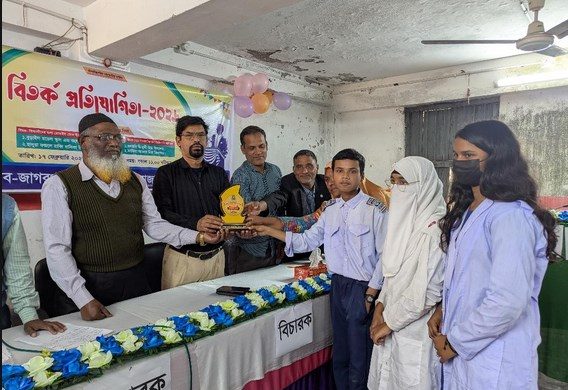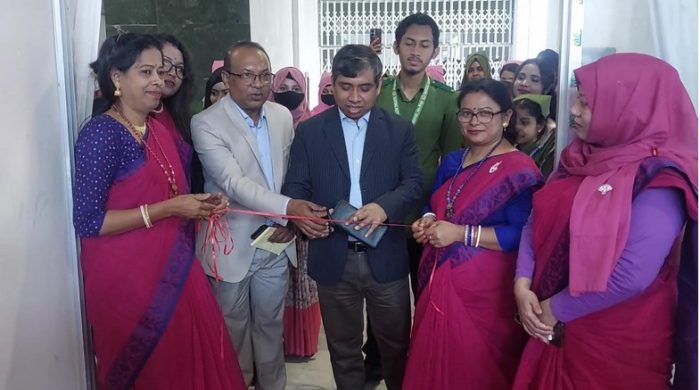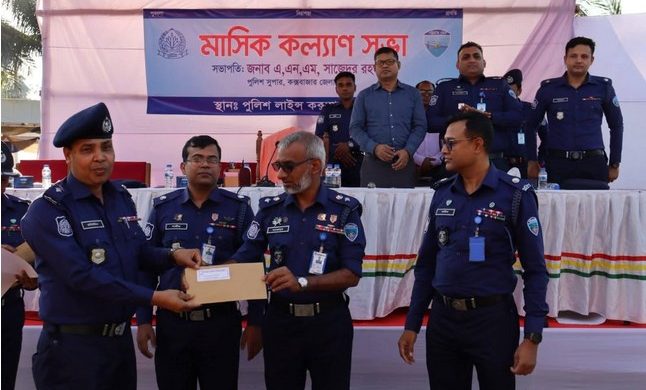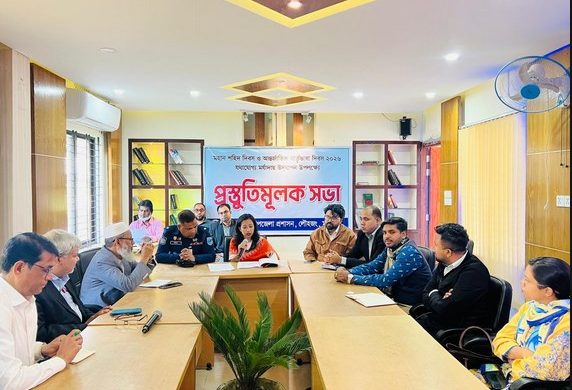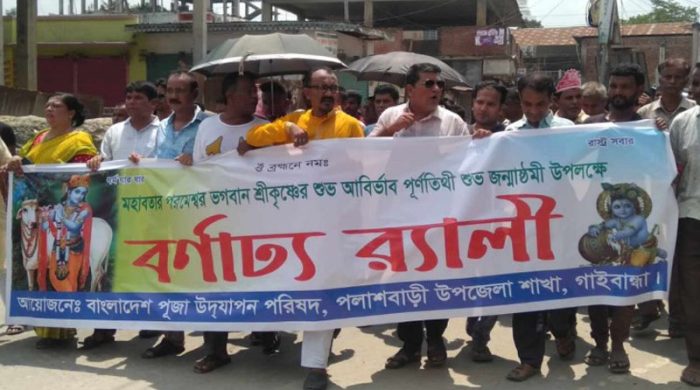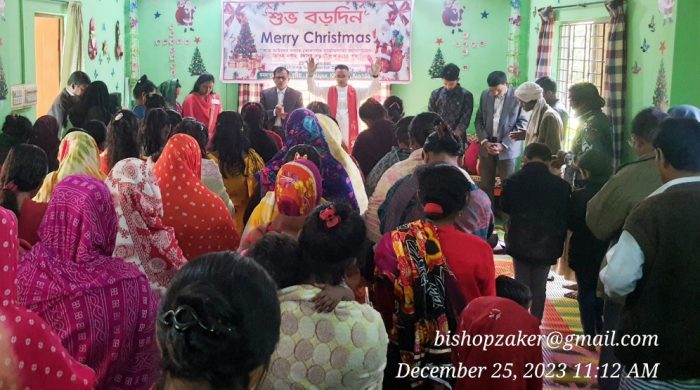Headline :
Notice :
Baskets made by women in Mithapukur are going to 20 countries
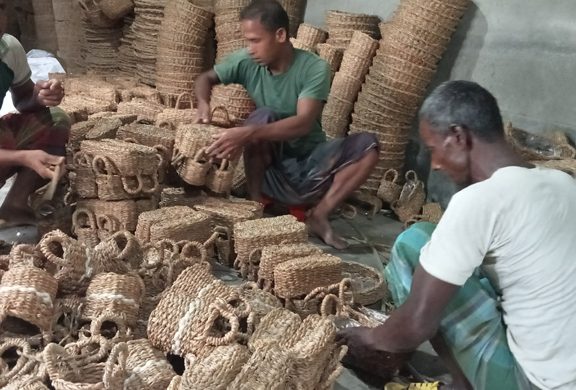
Amirul Kabir Suzan, Mithapukur (Rangpur): Baskets made by women in Mithapukur of Rangpur are being exported to 20 countries of the world. The women of this region are self-sufficient by making these baskets made of different types of leaves including hogla leaves, jute, cane, bamboo, wood. According to the entrepreneurs of this sector, handicraft products worth Tk 20 to 25 lakh are being exported abroad every month. Notable among these baskets are Round Basket, Yusep Basket, Round Food Basket, Oval Basket etc. It is known that the manufactured products are exported to about 20 countries of the world including America, Netherlands, Germany, Australia, United Arab Emirates. Every day 400 to 500 workers make these products in factories and at their homes. There are about 300 women among them.
It is known on the ground that about 10 years ago, an NGO organization named ‘Care Bangladesh’ organized handicraft training among local women in Sangrampur village of Balarhat Union of Mithapukur Upazila. Women interested in training are taught how to make handicraft products from leaves. Through this, trained women get an opportunity to earn extra income by making products from Hoglapata. However, after a couple of years, the NGO stopped its activities. The trained women were depressed. A few years later a privately owned organization called ‘Gram Bangla Handicrafts’ started operations again.
This creates re-employment opportunities for the unemployed trained women. After that, they did not have to look back. Women have been earning extra income by making various handicrafts with Hoglapata in the gap between their household chores. Even many school and college students of that area have learned this handicraft. They are also able to earn extra income by making products while studying. As the quality of life of local women has changed through the institution, Bangladesh is also earning foreign currency from their products.
Director of Gram Bangla Handicrafts Ahad Ali Molla said, everyone can work stress-free in our company. I am trying to convey the rich history of traditional handicrafts and cottage industries of Bengal to the new generation. To sustain this industry, it is necessary to use technology and work to earn foreign currency. He said, “During the corona virus, almost all businesses faced risks, but our work was going on.” But now due to increasing cost of transportation, there is not much profit in producing and exporting products. It will be risky to sustain this industry if the price of products in the world market does not increase from before. The cooperation of concerned authorities is required to sustain this rural traditional industry.
A woman named Mallika Begum, who works in handicrafts, said, “I used to work in a thread factory in Dhaka. I have been working here since coming to the village home for 4 years. I get the same salary and allowances as in Dhaka factories. Here, I get paid as much as I work in my own interest. Homework can also be done without worry.
College student Ishrat Jahan said, I can earn five to six thousand rupees a month. I am able to save some myself by helping my parents’ family from the income I get from making products during my studies.
Hundreds of village workers like Mallika and Ishrat Jahan have got an opportunity to earn in return for their work. Their hand-woven products are collected by certain factory workers from house to house. After finishing the finishing work in the factory, the products are packaged and sent to Dhaka-Chittagong by transport. These products made by women are exported from there.
আপনার মতামত লিখুন :
Leave a Reply
More News Of This Category
NEWS OF DISTRICT




